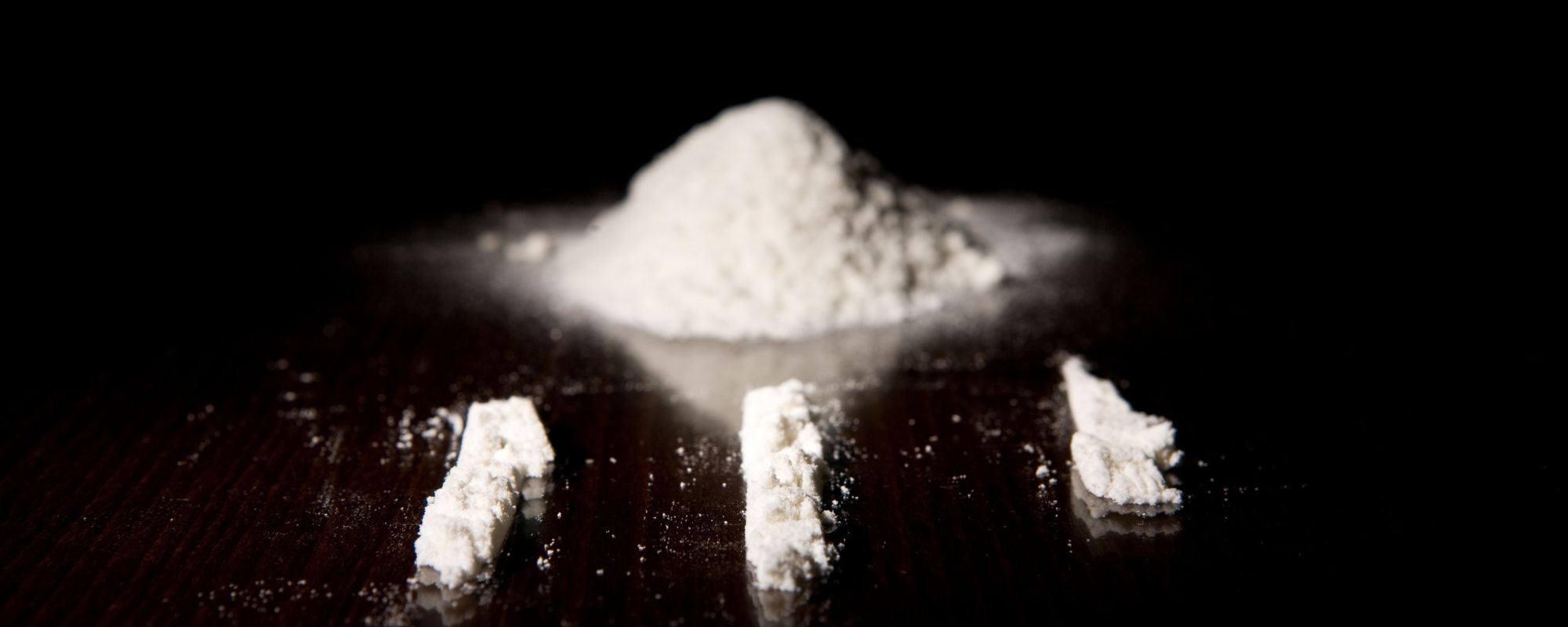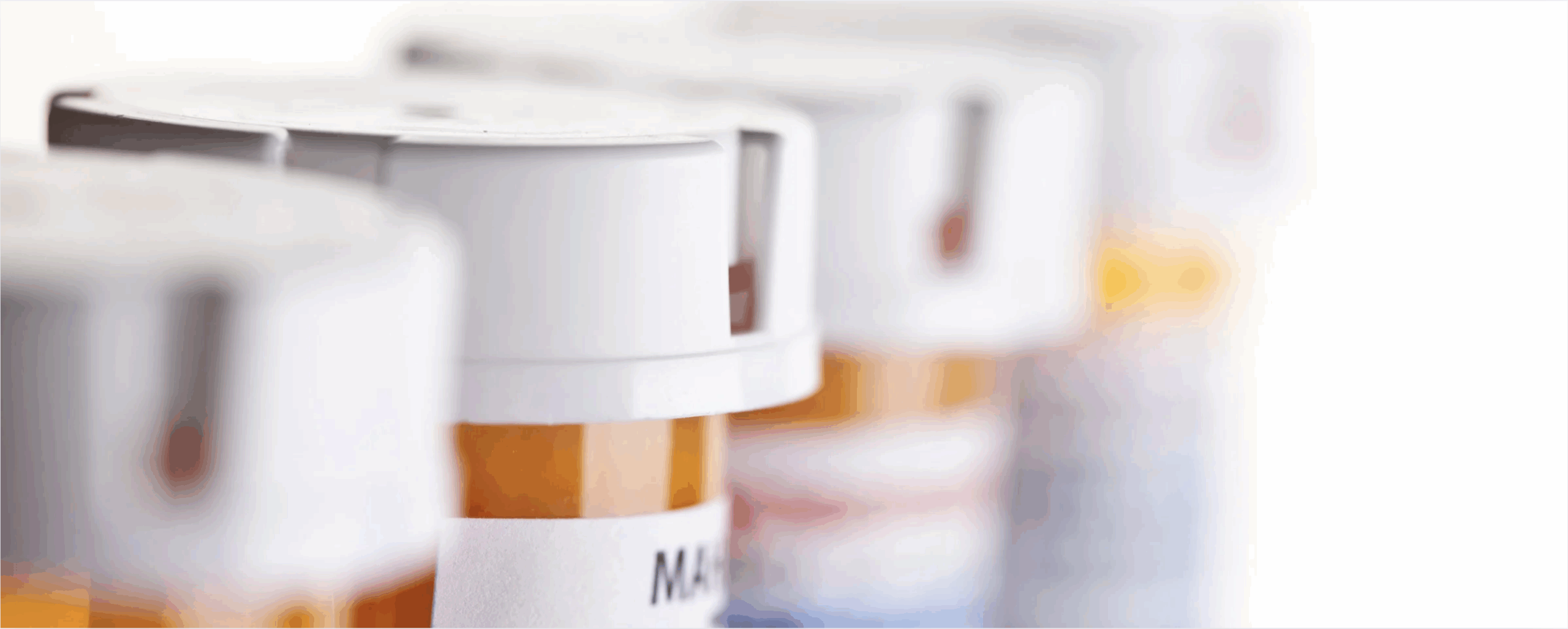Children and families rely on their parents as protectors and providers of unconditional love and support. Shaping a child’s identity and development relies on mothers and fathers remaining good role models to them, from infancy through adulthood. But when parental substance abuse becomes a persistent, problematic presence, addiction is felt by everyone, becoming a negative influence on a family’s welfare, not only for mothers and fathers but their sons and daughters, too.
Growing up with parents with drug addiction or parents with alcohol addiction creates an unstable environment that can affect a child’s emotional, physical, and social development — as the impacts of alcoholic parents or those struggling with substance abuse can be handed down for generations.
With the right support and treatment, parental substance abuse can be healed, but understanding the indelible mark it can leave on children and families at their most impressionable is the first step.
What Is Parental Substance Abuse?
According to the National Society for the Prevention of Cruelty to Children (NSPCC), parental substance abuse includes parents who:
- Regularly consume harmful amounts of alcohol to the point of health problems or accidents
- Develop a dependency on alcohol
- Regularly and excessively take drugs and are dependent on them
Parents with addiction, whether it’s alcoholic parents’ binge drinking, heavy drug use, or other substances, may follow a similar path — their substance abuse gains priority over their ability to effectively parent their children and meet their basic needs.
“In families where alcohol or other drugs are being abused, behavior is frequently unpredictable, and communication is unclear,” notes the American Academy of Experts in Traumatic Stress (AAETS). “Family life is characterized by chaos and unpredictability. Behavior can range from loving to withdrawn to crazy. Structure and rules may be either nonexistent or inconsistent.”
Is Substance Abuse the Same Thing as Addiction?
“Substance abuse” and “addiction” are terms often used interchangeably, so much that they seem like synonyms. However, they aren’t the same even though they’re related to each other.
Substance abuse, notes the American Psychological Association (AMA), is a cluster of three symptoms —physiological, behavioral, and cognitive — where someone consciously continues to use addictive substances, sometimes in a risky manner, even though it leads to substance-related problems, distress, or impairment.
Addiction, on the other hand, is the psychological or physical dependence on drugs, alcohol, or other substances. Addiction is considered a disease because the abuse of substances poses such a great impact to the brain’s reward center that it alters neurological functionality.
While not everyone who abuses drugs or alcohol is addicted, addiction always begins with substance abuse since repeated abuse can build tolerance, lead to dependency, and spiral out of control to addiction.
What Are the Most Commonly Abused Substances?
Substance abuse finds its way into the home through many avenues. Some of the most common substances include:
- Alcohol remains an often abused substance of choice that is more socially normalized than others. Many of them alcoholic parents, nearly 17 million males, and 12 million females, suffered from alcohol abuse disorder, according to the 2023 National Survey on Drug Use and Health (NSDUH).
- The fentanyl crisis reached epidemic levels in recent years due to its accessibility and increase in abuse rates. According to the National Center for Drug Abuse Statistics, fentanyl — a semi-synthetic opioid — plays a role in more than half of overdose deaths.
- Sixteen million — 6% — of Americans abuse prescription and over-the-counter (OTC) medicine (four out of five being opioids) each year, and 2 million people are addicted. Prescription drug misuse accounts for a significant portion of parents with addiction, further complicating the challenges faced by children in the household.
- There are more than 902,000 people who use heroin annually, with a fatal overdose rate of 14,000 people a year.
How Many Children Live with Parents Who Abuse Substances?
The Substance Abuse and Mental Health Services Administration says that about 6 million children in the U.S. live with at least one parent with a drug or substance abuse disorder. Some additional statistics from the National Alliance for Drug Endangered Children point to the prevalence of parents who abuse substances:
- One in eight children live in households with at least one parent with a substance use disorder
- One in 10 children reside in households with at least one parent who has an alcohol use disorder (and a 2017 study indicated that 12% of children under age 12 live with at least one parent with alcohol abuse disorder)
- One in 35 children also live with at least one parent grappling with an illicit drug use disorder
Reach Out for Help With Drug Addiction
Are you struggling with substance abuse?
Royal Life Centers at Spokane Heights is here to help you recover. Because we care.
How Does Parental Substance Abuse Affect Children?
When a child is young and impressionable, parental substance abuse can pose severe consequences, touching every aspect of their life and their development, leaving scars that may extend into adulthood.
Immediate Effects
Parents with drug addiction may foster unhealthy family dynamics, unfairly placing inappropriate responsibilities on a child, like having to care for a younger sibling or even the addicted parent, further eroding their sense of childhood.
“A common phenomenon is known as ‘role reversal,’ where the child feels responsible for the well-being of the parent instead of the other way around,” notes a study by PsychCentral. “This type of relationship can lead to poor boundaries between the parent and child, as well as the child feeling emotionally responsible for their parent.”
Financial strain from prioritizing spending money on substances and neglecting basic needs or from job loss can impact children and families of alcoholic parents.
“A parent’s substance abuse can have other effects on children besides parent-child interactions,” notes the AAETS. “If a parent loses a job because of drinking or drug use, the child suffers the economic consequences, especially if this is the household’s only income. Without employment, a family might lose their home, car o, or other valuable possessions.”
Substance abuse also increases the likelihood of domestic violence, exposing children to traumatic experiences that can affect their mental health. “Families in which there is a parental SUD are characterized by an environment of secrecy, loss, conflict, violence or abuse, emotional chaos, role reversal, and fear,” notes a recent study titled “The Impact of Substance Use Disorders on Families and Children.”
Long-term Effects
Growing up with alcoholic parents can create traumatic, long-term effects that can remain with someone long after they’ve reached adulthood — even passing on learned behaviors from their parents to their own children.
“Parental substance abuse interrupts a child’s normal development, which places these youngsters at higher risk for emotional, physical, and mental health problems,” says the AAETS.
Children exposed to substance abuse are also at a greater risk of developing developmental delays, behavioral problems, and even a substance use disorder themselves as they grow older.
“A parent with a SUD, who is mood altered, preoccupied with getting high or spending significant amounts of time recovering from the effects of substances, may miss the opportunities to foster healthy attachment,” notes the Impact of Substance Use Disorders study. “Without a healthy attachment system, a child is much more vulnerable to stress and therefore more susceptible to having problems with trauma, anxiety, depression, and other mental illness.”
Substance Abuse During Pregnancy
The effects of substance abuse are even more pronounced when it occurs during pregnancy since prenatal exposure to drugs or alcohol can lead to congenital disabilities, developmental delays, and other lifelong challenges passed from mother to fetus through the placenta.
The risk of stillbirths for women with a drug abuse disorder increases markedly with excessive substance abuse, and studies show that drug withdrawal symptoms in a newborn can develop immediately or up to 14 days after birth.
Alcoholic parents and childhood development create significant dangers during pregnancy. Children born to mothers struggling with alcohol addiction may develop fetal alcohol spectrum disorders (FASDs), an array of cognitive impairments, learning disabilities, and behavioral issues that can manifest due to alcohol exposure before birth.
Among data from the National Survey on Drug Use and Health, about one in 10 pregnant women report currently using alcohol, with one in 22 reporting binge drinking. Alcohol use is highest among women in their first trimester, notes the study and 40% surveyed reported drinking while pregnant mixed with tobacco and marijuana.
According to the National Institute on Alcohol Abuse and Alcoholism, FASD affects 1% to 5% of children in the first grade,
The Role of Genetics in Addiction
Is addiction a matter of nature or nurture? The answer is that both environment and genetics play a part in knowing if children with substance-abusing parents are more or less likely to mimic the same behaviors as adults.
According to Rutgers University, more than half of the differences in the likelihood of people developing substance abuse issues originate in their DNA from parents with addiction. “Research suggests alcohol addiction is about 50 percent heritable, while addiction to other drugs is as much as 70 percent heritable,” notes the study.
The psychiatric study from 2022 discovered that genetic risk of addiction from parent to children is related to self-regulation — brains that may be wired differently regarding risk and reward may be primed for more impulsive behaviors such as substance abuse.
However, environmental factors — when a child observes addictive behavior in their mom or dad — may give obvious clues if addiction is inherited or learned. “Children of parents who have substance use disorders and related behavioral challenges will engage in similar behaviors more than the genetics of the child would predict,” the study continues. “The parents not only pass on their genes but create a riskier environment for the kids.”
Where Can Families Affected by Substance Abuse Get Help?
When parental substance abuse affects the entire family, it can feel like turning the problem around isn’t possible. But the truth is that help is available. With support and guidance rooted in honesty, respect, and humanism, a parent suffering from dependency or addiction can find the help they need along with resources to include every family member.
Recovery Support Groups
Therapy is a key component of addiction recovery and takes shape in many ways, from one-on-one cognitive behavioral therapy sessions to holistic therapies rooted in the expressive arts, all with a focus on healing. But nothing can match the unity of group therapy, individuals with similar addiction issues working together in a therapeutic setting with a trusted counselor. Group therapy operates in an intervention-style setting, holding individuals accountable for their addictions while encouraging them to make self-discoveries, all the while building social relationships and establishing a sober peer network.
Following treatment, support groups like Alcoholics Anonymous (Al-Anon) and Narcotics Anonymous (Nar Anon) continue in the same vein, offering a safe space to share experiences and receive emotional support from like-minded others. With growth, change, and a commitment to turning over a new leaf, recovery becomes a realistic goal.
Addiction Treatment Centers
A comprehensive addiction treatment center like Royal Life Centers at Spokane Heights serves as an idyllic starting point for those embarking on a transformative journey to a life of recovery. Meeting the needs of parents with addiction are a host of treatment options, from detox to residential inpatient programs to aftercare and beyond, meant to address the root causes of addiction and equip you or a loved one with the tools necessary for long-term recovery — helping moms and dads rebuild their lives and create healthier, nurturing environments for their children.
Family Resources
Not only does addiction affect one struggling with substance abuse, but families, friends and others close to you. Royal Life provides specialized family services that focus on education, communication,n and building a strong support system through a series of options to help understand available treatment options and develop effective strategies for providing support and guidance on how to deal with alcoholic parents, plus ample visitation opportunities for families of sober living guests.
For families who may be worried that treatment for a loved one is cost-prohibitive, insurance may cover the cost. We work with most major insurance providers, so contact us today for more information on starting your recovery journey and verifying your insurance options.
Change your life with one call. We can help.
REFERENCES:
- Effects of Substance Abuse on Children
- Chapter 2—Influence of Substance Misuse on Families – Substance Use Disorder Treatment and Family Therapy – NCBI Bookshelf
- Parental substance misuse | NSPCC Learning
- Effects of Parental Substance Abuse on Children and Families
- Substance use, abuse, and addiction
- Statistics on Heroin Use & Overdose Deaths | 2023 Analysis
- Protective mental health factors in children of parents with alcohol and drug use disorders: A systematic review – PMC
- Alcohol Use Disorder (AUD) in the United States: Age Groups and Demographic Characteristics | National Institute on Alcohol Abuse and Alcoholism (NIAAA)



















